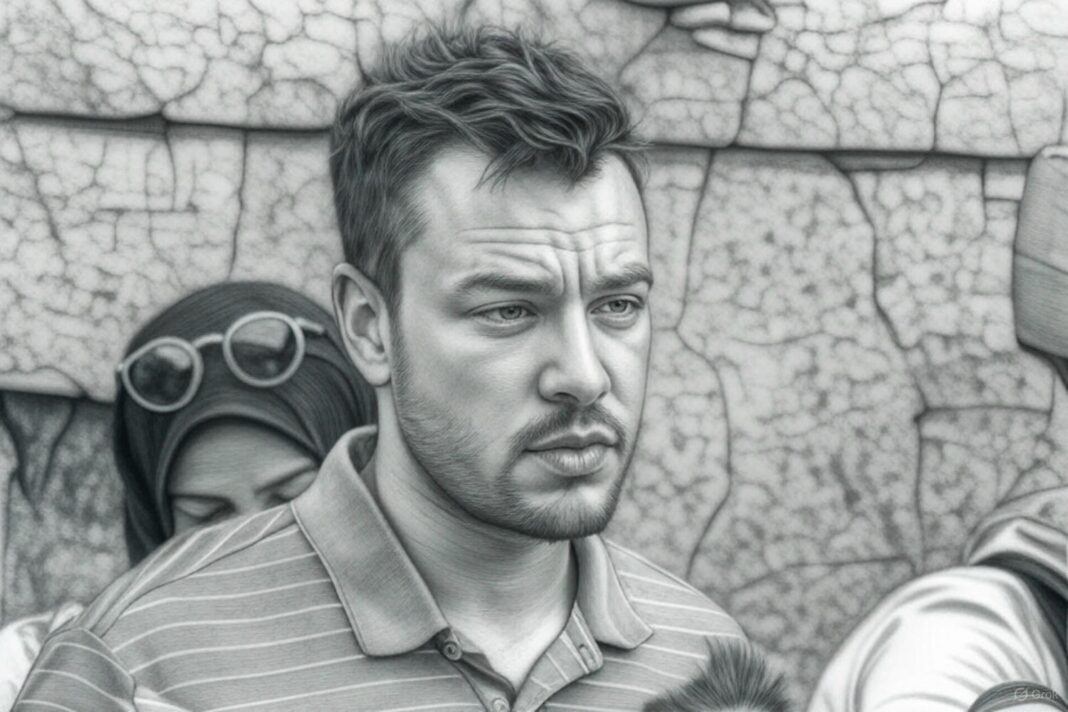A U.S. immigration judge has ruled that the federal government can proceed with the deportation of Mahmoud Khalil, a Palestinian activist and Columbia University graduate student, sparking an intense national debate over immigration law, free speech rights, and U.S. foreign policy.
Judge Jamee Comans issued the decision Friday at an immigration court in Jena, Louisiana, allowing the Department of Homeland Security to advance Khalil’s removal under a rarely used provision of the 1952 Immigration and Nationality Act. The ruling came after U.S. Secretary of State Marco Rubio submitted a two-page memo asserting that Khalil’s continued presence in the United States poses “potentially serious adverse foreign policy consequences.”
According to Politico, Judge Comans stated she had no authority to override the Secretary of State’s determination. The legal basis for the ruling stems from Section 212(a)(3)(C) of the Immigration and Nationality Act, a Cold War-era clause that allows deportation of lawful residents if their presence is deemed harmful to U.S. foreign policy interests.
Who Is Mahmoud Khalil?
Khalil, 30, is a legal permanent resident who holds a green card and recently completed his master’s degree from Columbia’s School of International and Public Affairs. He was arrested by federal agents on March 8 at his university-owned apartment in New York City and transferred to the LaSalle Detention Center in Jena, Louisiana.
The government claims Khalil played a central role in organizing and speaking on behalf of pro-Palestinian protests at Columbia, which it argues contributed to a hostile environment for Jewish students. The protests came amid rising tensions on U.S. college campuses regarding the Israel-Gaza conflict. However, Khalil’s attorneys have denied any allegations of criminal conduct or antisemitic rhetoric.
“There is no evidence that Mr. Khalil committed a crime, incited violence, or engaged in hate speech,” his legal team said in a statement, calling the ruling “a dangerous assault on the First Amendment.” The statement was quoted by multiple outlets, including CNN.
Legal and Political Implications
The decision does not result in immediate deportation. Judge Comans granted Khalil’s legal team until April 23 to file applications for immigration relief. If they fail to do so, a removal order could be issued to Syria, his place of birth, or Algeria, where he holds citizenship, according to ABC News.
Separately, a federal judge in New Jersey has temporarily blocked Khalil’s deportation while another legal challenge—focused on the constitutionality of his arrest—is still pending. That ruling, as reported by The Guardian, has provided Khalil’s supporters with a brief legal reprieve.
In addition to foreign policy concerns, the Department of Homeland Security has cited Khalil’s alleged omissions in his green card application, including failing to disclose internships with the United Nations Relief and Works Agency (UNRWA) and work with the British embassy in Beirut. Khalil’s lawyers maintain these were administrative roles unrelated to his current activism.
Wider Response and Concerns
The case has drawn condemnation from civil liberties advocates, immigration reform groups, and student organizations across the country. The Foundation for Individual Rights and Expression (FIRE) labeled the ruling “unjust and alarming,” warning that it grants the government “sweeping and nearly unchecked power” to deport individuals based solely on political expression.
Khalil’s wife, Noor Abdallah, a U.S. citizen who is currently nine months pregnant, attended the Louisiana hearing in person. “This isn’t just about law—it’s about basic humanity,” she told reporters, urging the Biden administration to intervene.
Critics argue the deportation move reflects a broader crackdown on pro-Palestinian advocacy under the Trump administration, which has recently introduced new executive orders targeting perceived antisemitic activity on college campuses. According to AP News, federal funding to several universities is also under review.
The American Civil Liberties Union (ACLU) has echoed concerns about due process, emphasizing that no clear evidence has been presented to justify removing a lawful resident based on protected political speech. In a statement, the ACLU said, “This is a chilling reminder of how immigration law can be weaponized against dissent.”
What’s Next?
Khalil remains detained in Louisiana as his legal team prepares to appeal the deportation order and seek relief options, including asylum. His case is expected to set a significant precedent on the use of executive immigration powers and the intersection of foreign policy with free speech rights.
For now, Khalil waits—miles away from his home in New York and the family he may soon be forced to leave behind.
This article contains information sourced from Politico, ABC News, CNN, The Guardian, and AP News.
A global media for the latest news, entertainment, music fashion, and more.





